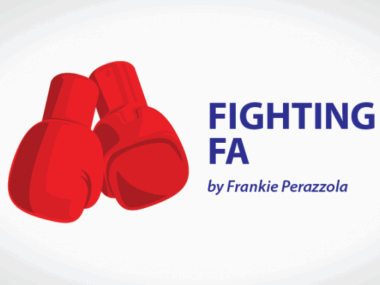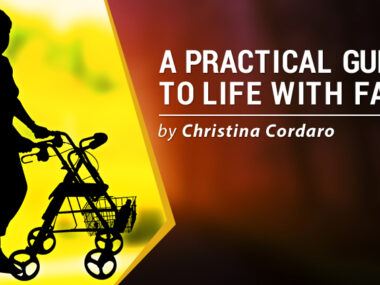In life with mobility issues, what’s the best that could happen?
I'm learning to step outside my comfort zone and explore new opportunities
Written by |

As I adapt to this new stage of my Friedreich’s ataxia (FA) symptom progression — being 99% dependent on seated mobility aids when I’m away from the comfort and adaptive safety measures I rely on at home — I’ve been given the rare opportunity to reshape my perspective yet again.
Leaving the house feels like a big undertaking, as I’m still adjusting to my new limitations. In most cases, I’m proud of myself for trying, and I’m examining every outing to see what I can do to find that elusive sweet spot of safety and independence.
I recently volunteered to help with a field day for my daughter’s second grade class. Since my husband wouldn’t be available to assist me, I reached out to the other parent volunteers to request assistance in getting my wheelchair out of and back into my car.
Once again, I feel so lucky to have the village that I do. My helping hands were so lovely and kind. I felt valued and cared for, which I know isn’t always the case for people with mobility issues, unfortunately.
I wasn’t able to actively participate in all of the festivities, as my wheelchair couldn’t navigate through some of the trickier outdoor terrain, but the parts I did participate in were wonderful.
When my friends helped me into my car and loaded my wheelchair safely, one of them gave me a sweet hug and said, “I’m so glad you were here today. Know that you always have help and are never a burden.”
I hadn’t voiced that I was feeling like a burden, but I guess it must’ve been written on my face as I watched them load my wheelchair. Her sweet encouragement made me feel encouraged and a little choked up.
Prepare for the worst, but hope for the best
I know that I’m relatively new to the world of seated mobility aids, and therefore my words of advice should be taken with a grain of salt, but I do have a little advice.
It’s commonly asked, “What’s the worst that could happen?” To a classic overthinking realist with new pessimistic tendencies, that can be a loaded question. Therefore, I intentionally ask instead, “What’s the best that could happen?”
If your mobility issues are navigated smoothly and your interactions go well at your upcoming outing, what’s the best that could happen?
At best, I was able to showcase resilience, teamwork, contentment, and grit to my 7-year-old and her classmates. I was able to demonstrate that you can still enjoy yourself amid less-than-ideal circumstances, and that you can still be helpful even if you yourself need help.
I’m not able to exemplify effortless self-reliance and complete mastery of physical feats, and I need a lot more help than I ever envisioned, but that’s OK. The day wasn’t without its challenges, confidence-tarnishing moments, and emotional hiccups, but I got to learn life lessons alongside more than a hundred 7-year-olds.
That day, I learned that there’s value in stepping out of my comfort zone and showing up anyway. Even when I’m venturing into the unknown, not fully confident in my abilities, I can learn something valuable. I would’ve missed out on joy and a learning opportunity if I’d given into my anxieties and let that field day pass me by.
So the next time you’re fretting about something, take a moment to ask, “What’s the best that could happen?”
“Do your best, prepare for the worst — then trust God to bring victory.” — Proverbs 21:31 (The Message)
Note: Friedreich’s Ataxia News is strictly a news and information website about the disease. It does not provide medical advice, diagnosis, or treatment. This content is not intended to be a substitute for professional medical advice, diagnosis, or treatment. Always seek the advice of your physician or another qualified health provider with any questions you may have regarding a medical condition. Never disregard professional medical advice or delay in seeking it because of something you have read on this website. The opinions expressed in this column are not those of Friedreich’s Ataxia News or its parent company, Bionews, and are intended to spark discussion about issues pertaining to Friedreich’s ataxia.




Leave a comment
Fill in the required fields to post. Your email address will not be published.